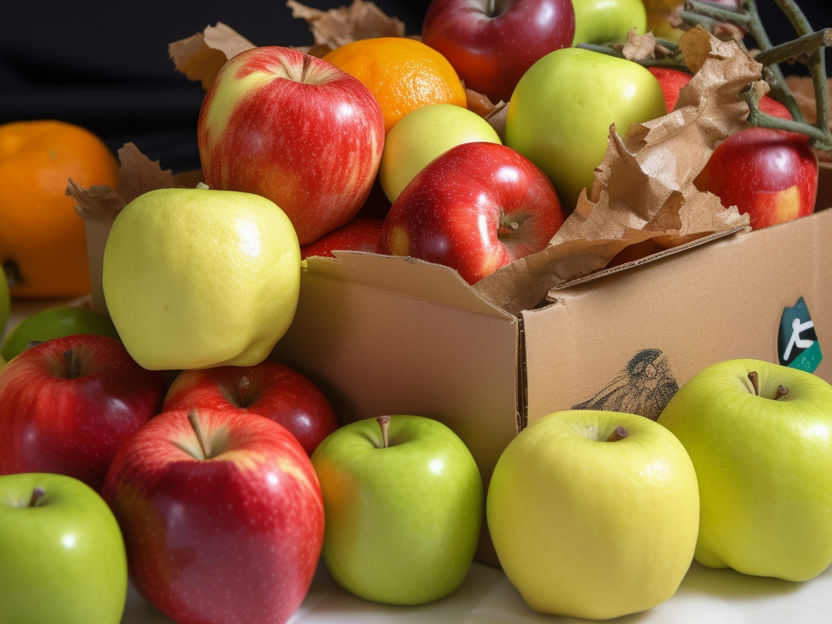The poison comes via the food lables
Fresh produce contaminated with toxic BPA-like chemicals found in food labels, study finds
Steps were taken in Canada to reduce the use of Bisphenol A (BPA), a toxic chemical linked to prostate and breast cancer, commonly found in plastics, the lining of food cans, water bottles, and paper receipts. But in many cases, it has been replaced with similar hormone disrupting chemicals, like Bisphenol S (BPS). A new study from McGill University shows that every day Canadians are exposed to BPS in the fresh foods they eat, as chemicals migrate from labels on the packaging materials into the food.

symbolic picture
computer generated picture
“BPA is a chemical that can interfere with hormones in the human body and cause adverse health outcomes, including cancers, diabetes, and damage to fertility and the development of infants. Now there is growing evidence that BPS may have similar health effects,” says Stéphane Bayen, an Associate Professor in the Department of Food Science and Agricultural Chemistry. “Our study provides evidence, for the first time, that BPS and alternative chemicals found in food labels migrate through packaging materials into the food people eat,” he explains.
The researchers examined an assortment of packaged fresh food sold in Canada such as meats, cheeses, vegetables, and bakery products. They also compared fish bought from stores in Canada and the United States, and the differences between food wrapped with plastic cling wrap films with or without food labels. They found relatively high concentrations of BPS in thermal food labels, like price tags and stickers, where heat is used to print bar codes or unit prices. In contrast, they found little to no BPS in plastic wrapper films, pads, and trays.
While Canada does not currently regulate BPS, the researchers show that the amount of BPS found in the foods studied significantly exceeded the European Union limit, which regulates the permitted amount of substances released from packaging materials in contact with food.
“Considering the number of packaged food items sold with thermal labels, the actual dietary intake of BPS and other chemicals is likely to be high,” says Bayen. The study suggests a more thorough risk assessment of BPS and its ability to migrate into food from packaging is needed to help develop regulatory guidelines in the food sector.
About the study
“Food Thermal Labels are a Source of Dietary Exposure to Bisphenol S and Other Color Developers” by Ziyun Xu, Lei Tian, Lan Liu, Cindy Gates Goodyer, Barbara Hales, and Stéphane Bayen was published in Environmental Science & Technology. This study was supported by a Canadian Institutes of Health Research (CIHR) Institute of Population and Public Health Team Grant and by McGill University.
Original publication
Other news from the department science

Get the food & beverage industry in your inbox
By submitting this form you agree that LUMITOS AG will send you the newsletter(s) selected above by email. Your data will not be passed on to third parties. Your data will be stored and processed in accordance with our data protection regulations. LUMITOS may contact you by email for the purpose of advertising or market and opinion surveys. You can revoke your consent at any time without giving reasons to LUMITOS AG, Ernst-Augustin-Str. 2, 12489 Berlin, Germany or by e-mail at revoke@lumitos.com with effect for the future. In addition, each email contains a link to unsubscribe from the corresponding newsletter.



























































